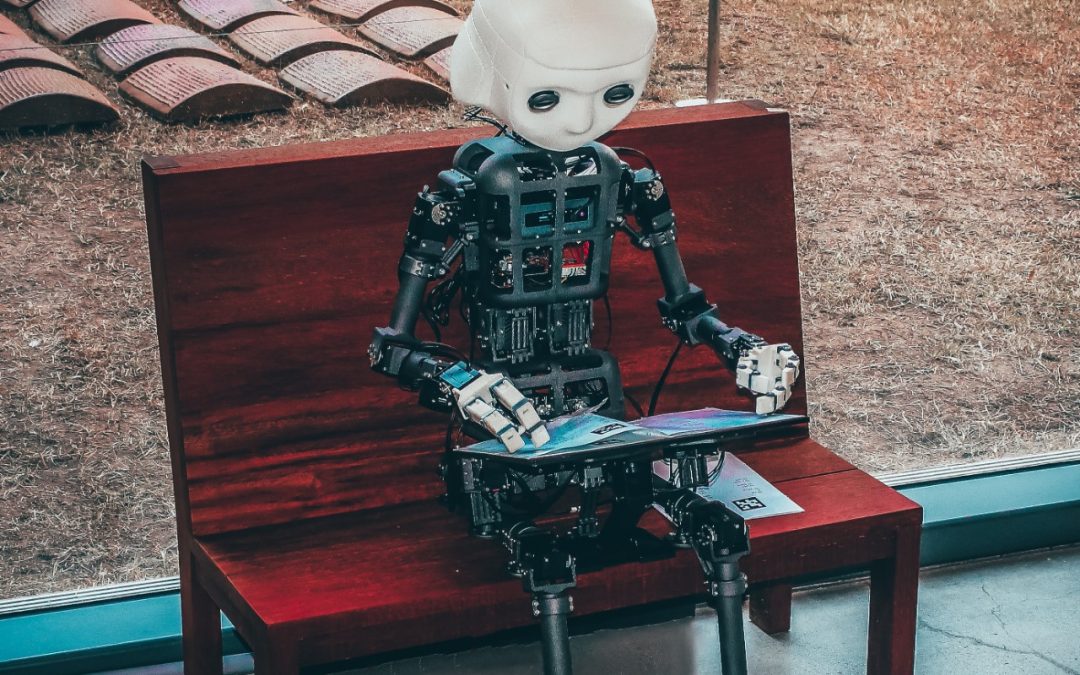Blockchain and artificial intelligence (AI) are two cutting-edge technologies that have taken the world by storm in recent years. While they are often discussed separately, the convergence of blockchain and AI has the potential to revolutionize industries, transform business processes, and reshape the way we interact with technology. This article explores how blockchain and AI work together and the synergies they create.
At its core, blockchain is a distributed ledger technology that provides a decentralized and transparent way of recording and verifying transactions. Each transaction, or “block,” is linked to the previous one in a chain, forming an immutable record that cannot be altered or tampered with. This creates a high level of security and trust, making blockchain ideal for various applications, such as supply chain management, digital identity verification, and financial services.
AI, on the other hand, involves the use of computer systems that can perform tasks that typically require human intelligence, such as speech recognition, image processing, and decision-making. AI algorithms learn from data and can continuously improve their performance over time, making them highly adaptable and capable of complex tasks.
When blockchain and AI are combined, they create powerful synergies. One of the key benefits is data integrity and security. Blockchain’s distributed ledger ensures that data stored on the chain is tamper-proof, transparent, and auditable, providing a reliable source of truth for AI algorithms. This enhances the accuracy and reliability of AI predictions and decisions, as the underlying data is trustworthy and free from manipulation.
Moreover, blockchain can enable the secure sharing of data among different parties, which is crucial for training AI models. Currently, data silos and privacy concerns limit the availability and quality of data for AI applications. Blockchain can create a decentralized data marketplace where data can be shared securely and transparently, while maintaining privacy and ownership rights. This unlocks a vast amount of data that can be used to train more robust and accurate AI models, leading to better insights and outcomes.
Another area where blockchain and AI complement each other is in enhancing trust and accountability. Blockchain’s consensus-based approach ensures that all participants in the network agree on the state of the ledger, eliminating the need for intermediaries and reducing the risk of fraud or manipulation. This increases trust among stakeholders and enables AI systems to operate in a more transparent and accountable manner. For example, in the healthcare industry, blockchain can be used to securely store and share patient data, while AI algorithms can analyze the data to improve diagnoses and treatments, all while maintaining patient privacy and consent.
Furthermore, blockchain can provide incentives for data sharing and collaboration, which can accelerate AI research and development. Through smart contracts, blockchain can facilitate fair and transparent compensation for data providers, incentivizing them to share their data for AI training purposes. This can foster collaboration among different organizations and create a thriving ecosystem for AI innovation.
In conclusion, the convergence of blockchain and AI offers tremendous potential for unlocking new possibilities and solving complex challenges. The combination of blockchain’s security, transparency, and decentralized nature with AI’s data-driven insights and decision-making capabilities can drive innovation, improve trust, and transform industries. As these technologies continue to evolve, we can expect to see more exciting use cases and applications that harness the power of blockchain and AI working together for a better future.
Are you interested in knowing more about blockchain or AI? Ask our experts in an email or call. We are happy to get to know you.

